The clinic was founded in 2007 and has been one of the key medical centers in Turkey ever since. Thanks to its high-tech equipment, doctors’ qualifications and excellent service, LIV Ulus has been awarded the Joint Commission International (JCI certification.)
This American certification is one of the most important certifications in the health care industry. The LIV Ulus Clinic has also received the quality mark of the European ISO standard.
The hospital has a very personal concept, based on an individual approach to every patient. With more than 30,000 sqm, the hospital is equipped with 50 wards, 8 operating rooms and 154 beds.
Medical Oncology Department
LIV Ulus focuses on the treatment of oncological diseases. Patients from all over the world come to the clinic for treatment:
- Tumors of the gastrointestinal tract (GIT), liver and pancreas, gallbladder;
- Oncohematology: Hodgkin and non-Hodgkin lymphoma, leukemia;
- Oncogynecology: uterine, ovarian and cervical cancer;
- Cancers of the kidney, bladder, prostate;
- Osteosarcoma and soft tissue sarcoma;
- Thyroid cancer, lung cancer, and breast cancer.
Personalized Treatment Plan
A team of experienced specialists, including a surgeon, medical oncologist, radiotherapist, and other specialists as needed, participate in treatment. The physicians meet for a weekly consultation and discuss a treatment plan or adjustments for each patient.
Pioneering technologies
Robotic surgery. Surgeons use the Da Vinci robot to perform surgery on the prostate, kidney, bladder and other organs. Thanks to the new technology, surgeries have become less traumatic and the rehabilitation period has been reduced to a minimum.
Varian TrueBeam STx. The new linear gas pedal allows for radiation therapy with maximum efficiency. The main feature of the device is its targeted effect on tumor cells. Healthy tissue and organs are not affected.
Algorithm Acuros XB. This is an advanced computer algorithm for calculating the radiation dose. It saves time on complex calculations, eliminates the human factor and possible errors.
Acuros XB develops an individualized radiation protocol taking into account the individual characteristics of the patient: height, weight, location of the tumor in relation to other tissues and organs.
Chemotherapy using Artificial Intelligence
Liv Hospital Ulus uses the most advanced treatment methods to optimize the treatment process and improve the patient’s prognosis. The Department of Medical Oncology uses artificial intelligence in planning chemotherapy courses.
The doctor receives a preliminary chemotherapy regimen that is based on the patient’s data:
- Height, weight and body features,
- Prevalence of comorbidities,
- The degree of development and severity of the underlying cancer.
The oncologist checks the proposed regimen and approves it, after which the chemotherapy dose is prepared in an automated preparation unit.
Each subsequent chemotherapy dose is adjusted depending on the patient’s condition, test results and the presence of side effects. Information about treatment changes is automatically sent to the doctor, the nurse and the patient.
The artificial intelligence system allows for good communication between the medical staff and the patient, as well as saving time by automatically calculating routine data.
Full range of medication therapy
The doctors at Liv Hospital Ulus are able to offer different drug therapy options for tumors, depending on the individual patient’s needs. The clinic has successfully used the following methods:
- Adjuvant and neoadjuvant chemotherapy,
- Radiation therapy and brachytherapy,
- Directed therapy (targeted therapy),
- Hormone therapy
- Immunotherapy,
- Maintenance therapy,
Hair Loss Control
During chemotherapy, patients wear a special device on the scalp, the DigniCap™. This device actively cools the hair follicles. The cold causes the blood vessels in the follicle to contract, thereby preventing the spread of the chemotherapy drug. This allows a noticeable reduction in the amount of hair loss.
Genetic Research Center
The center provides all types of laboratory diagnosis and follow-up for patients with any type of congenital and rare genetic diseases.
The main areas of the center are:
Preimplantation genetic diagnosis (PGD). The diagnosis is performed before the embryo is implanted into the wall of the mother’s uterus. The purpose of the PGD is to diagnose congenital genetic anomalies in the fetus.
An early gene study allows the selection of embryos which are free of genetic diseases. PGD increases a patient’s chances of getting pregnant and reduces the risk of miscarriage or multiple births.
Non-invasive prenatal diagnosis. Next-generation sequencing technologies allow fetal diagnosis through maternal blood. Each chromosome can be studied for 44 inherited diseases. There is no need to take tissue from the embryo.
NGS testing panels. Next Generation Sequencing technology (NGS) is a new level of study of the human genome, allowing for more comprehensive studies and predicting the development of certain diseases in you or a relative in the future.
There are different diagnostic panels:
- Comprehensive screening for breast and ovarian cancer, hereditary cancers,
- Neurological panel: hereditary neuropathies, neuromuscular diseases.
- Cardiomyopathies, arrhythmias, vascular and connective tissue pathology of the heart,
- Hematology: Bone marrow deficiency, coagulation and thrombosis disorders.
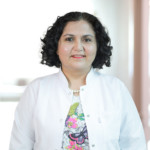
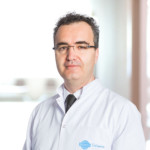

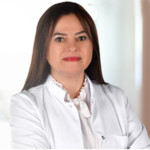
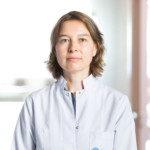
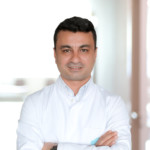
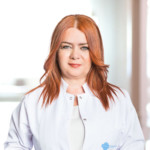
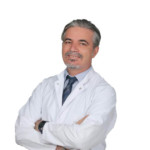
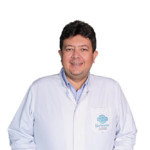

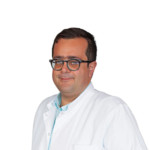
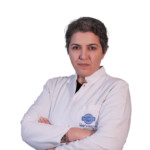
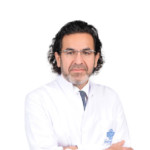
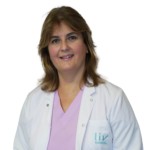
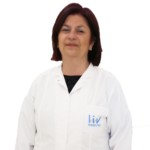
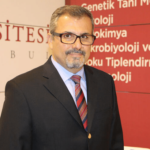
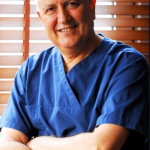
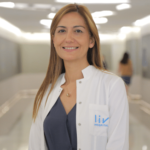
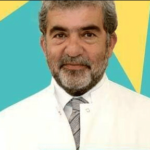
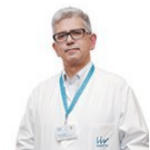
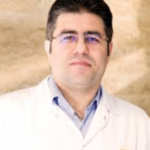
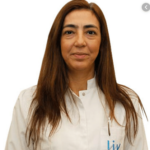
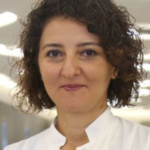

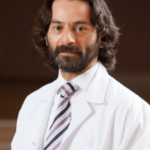
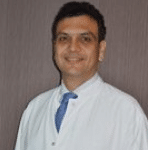

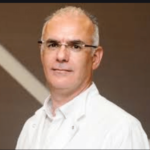
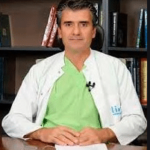
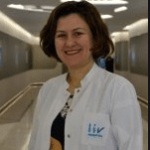
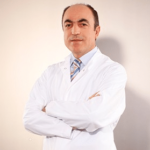
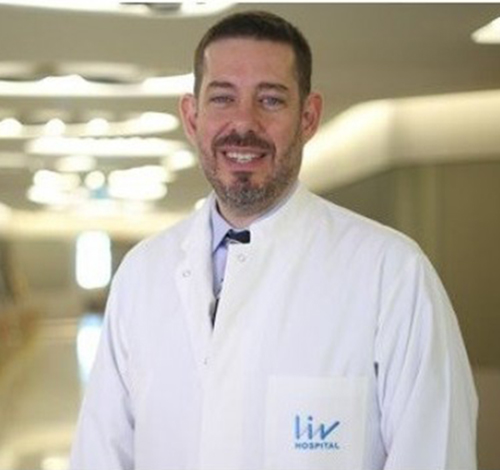




I had in vitro fertilization in this center. They did it well. I am really happy to be able to have a kid now! Thanks to MedTour for organizing the whole treatment! It was even not that expensive as I thought.